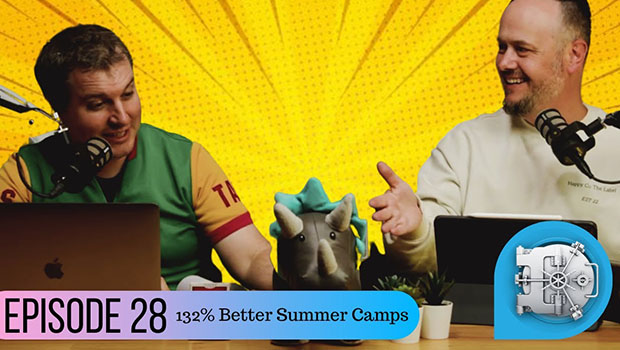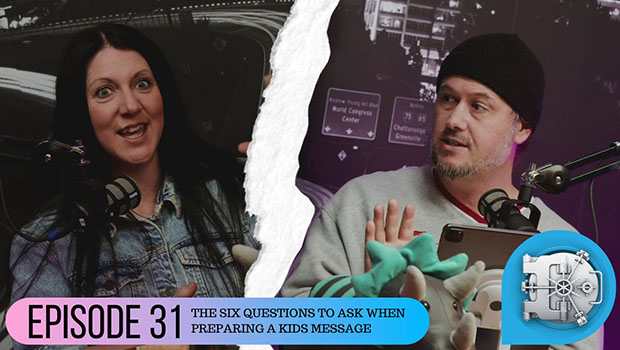Camps are some of the most impactful events a church can organize. They provide an opportunity to spend extended time with kids and help them build numerous relationships with their peers.
To maximize this time, it’s important to discuss creating a structured kids camp that promotes engagement among attendees.
SPLIT YOUR TEAM FOCUS
Your camp team should consist of a creative team and a group responsible for the various activities and games the children participate in. The goal is to keep the children constantly engaged and excited about what’s happening around them. The team should strive to create an environment where children can freely express themselves and have fun.
Our teams, known as tribes aligned with our theme, often engage in massive games or competitions as a main program feature. However, focusing only on large-scale competitions might not appeal to introverted kids. Instead, design activities that foster shared experiences, specifically aimed at connecting introverted kids with others. Incorporating trading cards can cater to different interests and personalities.
THE IMPORTANCE OF STORYTELLING
While the theme of your event, like pirates or safari, is captivating, the mechanics and other elements of the experience are crucial.
GIVE CAMPERS A GOAL
We often give our campers a goal beyond just helping their team ‘win’ summer camp. We shifted the focus from competition to hosting the best party possible on the final night. Campers received a checklist with a variety of tasks and activities to choose from, each contributing to the success of their party. The highlight was our non-competitive talent show, which improved the experience for both the kids and the audience.
With the pressure removed from the talent show, kids became more creative and original in their performances, resulting in a more engaging and entertaining show. This had a positive impact on the audience, as people were more generous and willing to engage with the performances without the competitive element.
Successfully organising a church camp involves more than just planning activities; it requires a thoughtful approach that caters to all children, including introverts. By splitting the team’s focus, minimising the emphasis on competition, leveraging the power of storytelling, and setting inclusive goals, you create a nurturing and engaging environment. This approach not only makes the camp fun and memorable but also fosters spiritual growth and community among the young attendees. Ultimately, the aim is to ensure that every child feels included, valued, and excited to participate, making the camp experience enriching for everyone involved.



